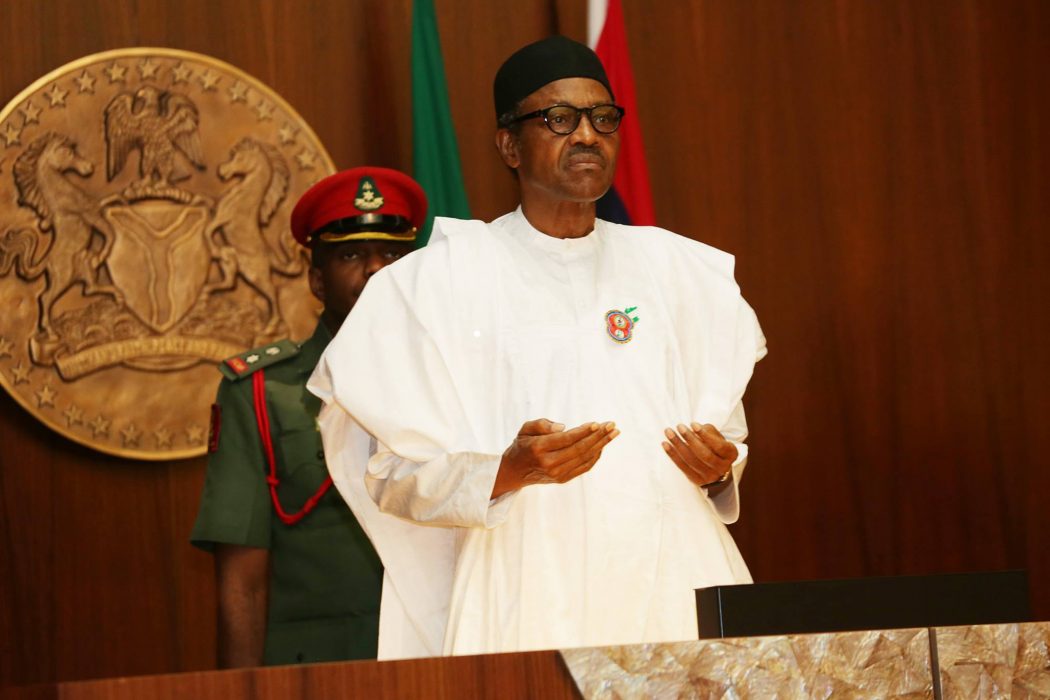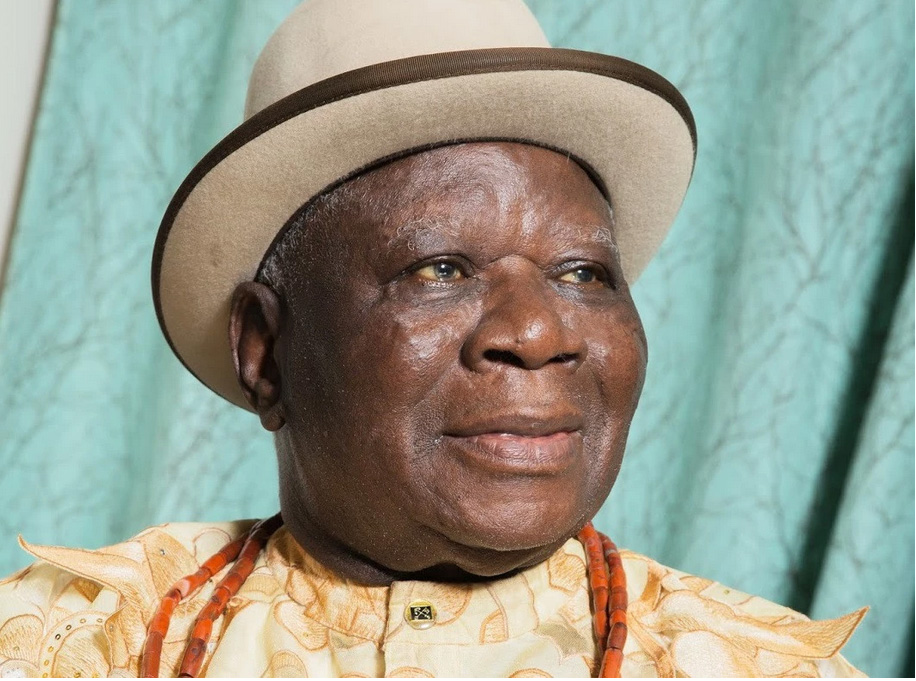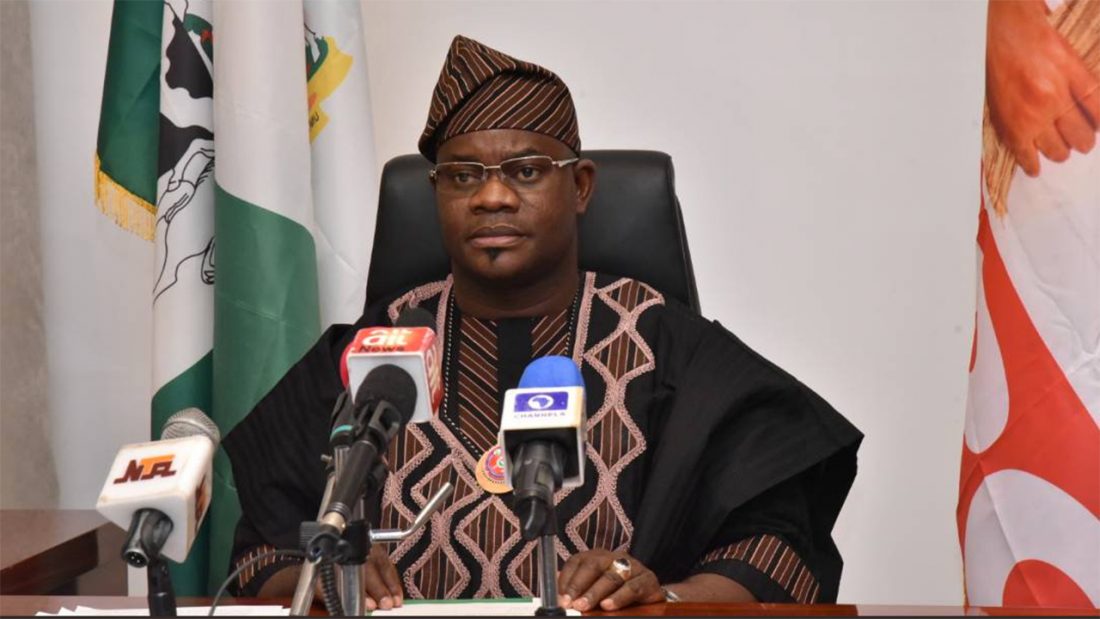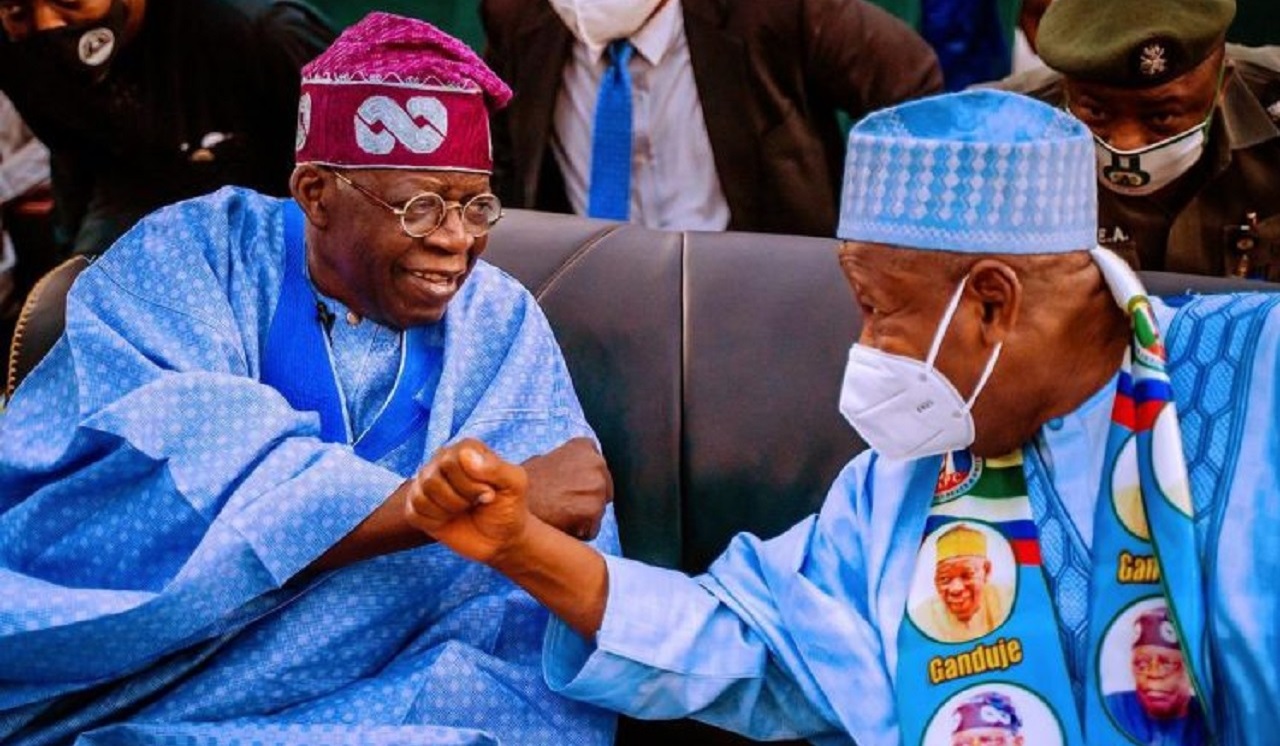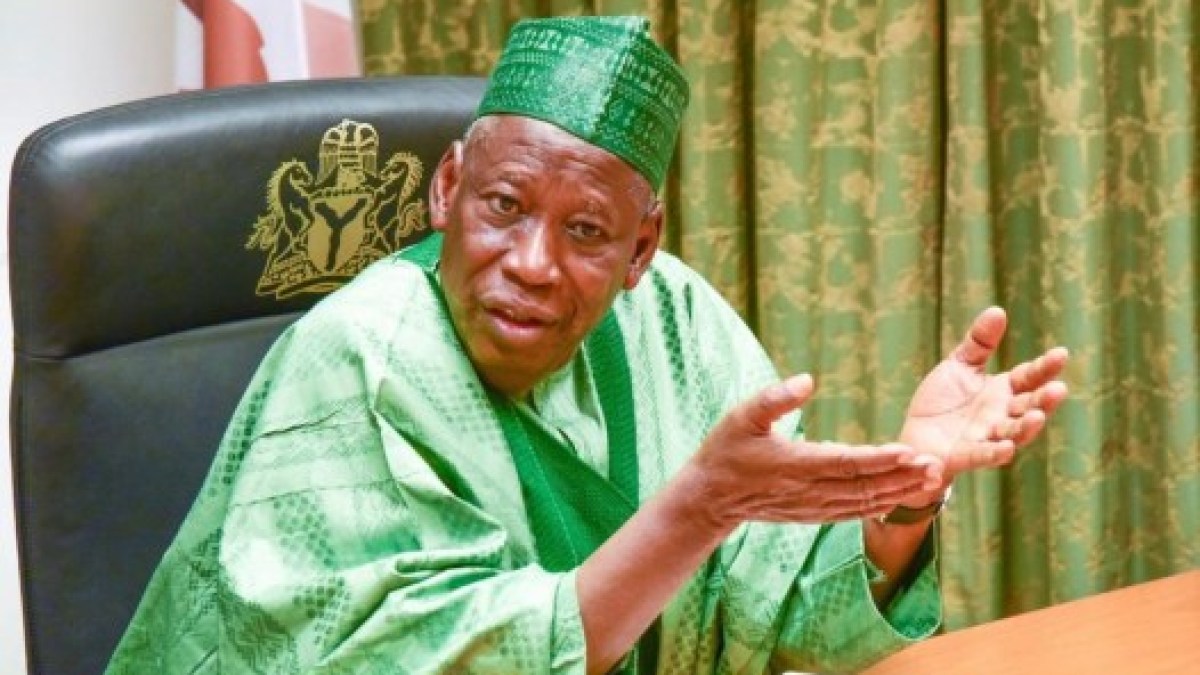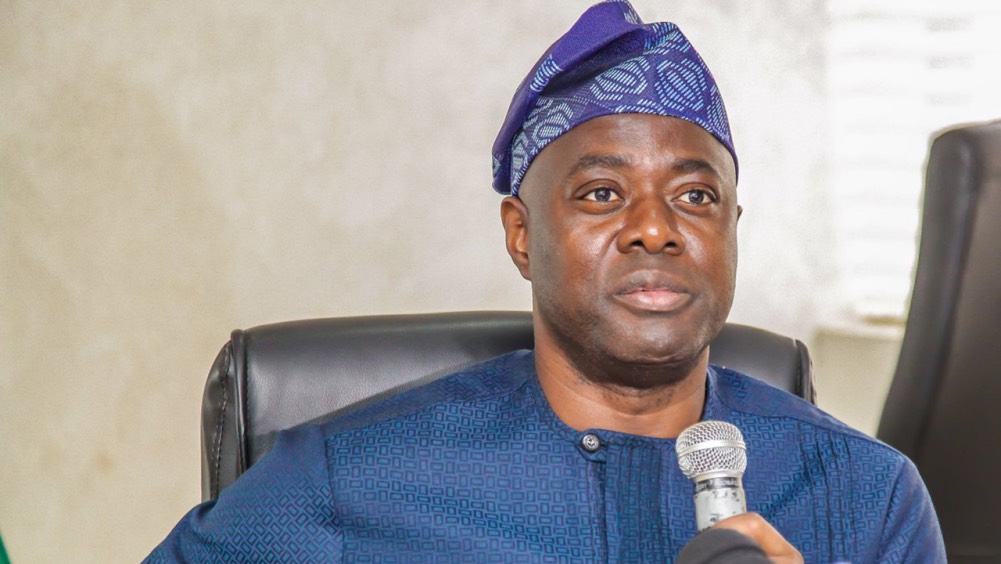[dropcap]O[/dropcap]ur descent into another dark phase of unbridled divisiveness has been rapid and threatening. The country is unravelling, once again – about 15 months to another general elections, Nigeria is ingloriously and regressively sailing on the path of another tortuous and perilous path laced with chauvinistic landmine and scaremongering narratives. Uncertainties are setting in, while blames and recrimination dominate public discourse. Unfortunately, the State is becoming increasingly brutish, petty and lacking in civil wisdom to heal wounds with democratic intelligence.
This unsavoury trend is gradually putting a huge stress on the political process. This could drag and put the nation through another agonising journey ahead of the 2019 polls. But this time around, we must never sit idle and watch the nation stretched beyond limits, and the people put through another harrowing experience without some patriotic interventions. That is why the ongoing effort to douse tension and preach tolerance in the Nigerian social media through the use of satire by a non-governmental organisation called The Arts and Civics Table (TACT) is commendable.
TACT is a not-for-profit dedicated to the promotion of civic engagement between citizens and government, and facilitating alternative means of engaging with society without rancor and bitterness. The Satire Festival is one of the avenues through which they hope to pursue the Organisation’s goals.
The past has certainly taught us some very hard lessons; so before it is too late, we must act to save the nation. That is why the civic initiative – The Nigerian Satire Festival – is akin to tackling the monster of divisiveness headlong and thrusting the volunteers into the belly of a beast – to fight hate speeches and wrestle with bitter campaigns ahead of the next general elections. More heart-warming is their ongoing plan to strategically utilise the United Nations International Day of Tolerance on November 16 to do something big, beyond the online narrative so that more Nigerians can key into their socio-political engagements.
While the United States is currently investigating an alleged used of Trolls by Russia to compromise the 2016 Presidential election, here in Nigeria, some creative and enterprising young leaders are using Trolls for sincere online civic engagements to “make light-hearted commentary about highly toxic (political) issues.” We had it so rough ahead of the 2015 general elections and only that magic phone call by the then President, Dr. Goodluck Jonthan averted a well-projected doom. We must never wait for another dicey moment.
According the current Convener of The Troll Cabal, Ose Anenih (@papadonkee), “we are encouraging the use of satire, parody, sarcasm, and humour as tools for discussion, criticism, and general communication in discussing matters of public concern to ensure that we all can make our points without making enemies. Our aim is to encourage and develop a civic engagement culture that facilitates active and vocal citizen participation in the social, cultural and political processes in our communities. We are promoting awareness of political, personal, and civic rights and responsibilities and facilitating individual and collective action by identifying, discussing/debating and addressing issues of public concern.”
One of the members of this enterprising social clan, Kind Alfred, had in a series of tweets, explained what the Troll Cabal represents in the Nigerian context: “The #Trollcabal is a metaphor for society- mostly political. It can represent political parties, politicians, nations, etc It is a centrepiece around which real events can be mocked. The Troll Cabal was created in a bid to make light-hearted commentary about highly toxic (political) issues. The #Trollcabal is basically political satire mostly. That’s it.”
I recalled the creativity applied to the online election that brought in the current Convener: it was an interesting contest that held Twitter Nigeria spellbound. So intense that it attracted some regional and global interests. Troll Cabal has become a real-time online engagement; interesting, encouraging and soothing to a nation constantly under different kind of red lines. As a matter of responsibility, this group also believes that “by tutoring and mentoring the violent and the uncivil (in government and out of government) in the art of tolerance and dialogue, and by being open to dissident viewpoints, we would make better decisions as a people and evolve a better society.” This is the kind of ‘operation’ that our nation needs at this juncture, and not some kind of ‘crocodile’ tears or ‘python’ dance.
And judging by their online activities, the Troll Cabal boasts of a reasonable number of members consciously and regularly following national trends. I think this wonderful initiative created in 2015 is succeeding on Twitter. It is challenging several dangerous narratives in the polity. And gradually, a different pattern of narratives are coming up, unlike what we witnessed between 2014 and 2015, when caution was thrown to the winds in the name of politics. Hopefully, the group will consider the need to take this engagement to Facebook where hate and toxic narratives are very deep and endemic.
But most gratifying is the current attempt to take this well-informed constructive online intervention to the main public space through a novel creative spark – Nigerian Satire Festival (NSF) 2017, by The Arts & Civics Table in partnership with the online group – the Troll Cabal. TACT has announced it intends to make it “an annual event aimed at exposing our social, cultural, and political follies and foibles, the absurd and the ridiculous, through the use of sarcasm, irony, wit and humour.” They have fixed the first edition for November 16 & 17, 2017, in the Nigeria’s seat of power, Abuja. Hopefully, this will set a new orientation for our politics.
It is true that satirical art has moved many societies to action on political matters and “cases abound in history, of satirical art’s role in moving people to action on state matters.” We must equally exploit every bit of it to shape political discuss and election narratives – using humour and wits to drive home our messages. From our history, satire is present in many African cultures as a moral suasion and traditional instrument for curbing corruption and condemning immorality. In essence, the idea of using satire as a tool for tolerance would significantly help to detoxify criticisms without destroying the substance.
Setting the satire narrative ahead of the next general elections would be very instructive and commendable. This is because the Independent National Electoral Commission (INEC) is gradually feeling the heat of another grumpy road to elections. But satire is a powerful weapon, pivotal to engendering tolerance and managing tensions effectively. It is hoped that the NSF being planned to coincide with the 2017 UN Tolerance Day, will set a clear tone for the nation. I just hope that the event is able to attract the participation of political and election stakeholders, aside the youth who are going to be the focus.
INEC, local and international organisations supporting our election should ordinarily key into this kind of civic campaigns to eradicate tension and bring back tolerance into our political process. We can use satire to move Aso Rock to action and make our leadership system to become proactive if sustained and well coordinated. This is an initiative that we must support to grow.
Ariyo-Dare Atoye is a political activist and change agent. He writes from [email protected].
The opinions expressed in this article are solely those of the author.

